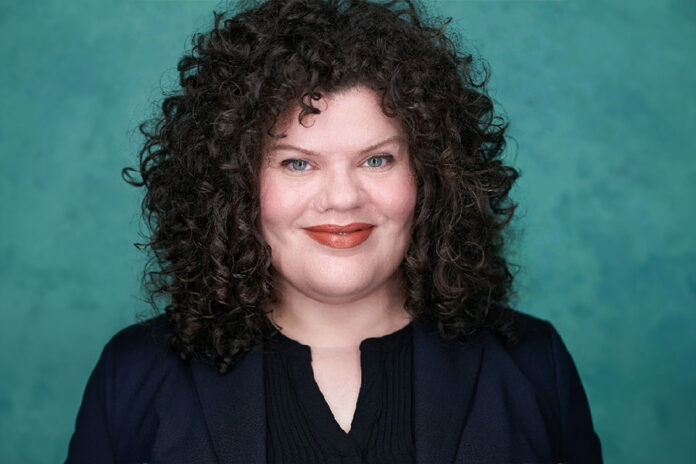
Not long ago, at an event hosted by Taller Puertorriqueño, El Corazón Cultural del Barrio, I turned to my mother and asked, “Mami, what would have happened to us if we hadn’t found this place (referring to Taller)? She smirked, and, in her noticeable Spanish accent responded, “I have no idea, mija”. For us, the answer was incomprehensible.
I was six years old when my father, Johnny Irizarry, traded his paint brushes and wood carving tools for a briefcase, the title of executive director and a $30,000 yearly salary. This was 1986. We had moved to Philadelphia five years before just as thousands of other Puerto Rican families had at the time. I’m not sure I’ll ever fully grasp the emotional, spiritual, physical and financial costs my parents paid migrating to Philly or what it meant for my father to choose non-profit leadership over making art.
In all, my father served for 12 years as Taller’s Executive Director, and another three decades as a leader in organizations focused on community empowerment. Philadelphia’s non-profit sector gave my family sanctuary, purpose, and the opportunity to move my family out of poverty. The same sector contributed to my family’s struggles with physical and mental illness.
A few weeks ago, a prominent Black leader in Philadelphia’s nonprofit ecosystem passed away. His passing reminded me, like many others, the sector is a demonstration of all the ways racism, sexism, homophobia, ableism, and poverty intersect to weigh a non-profit leader of color down.
Our nonprofit ecosystem is a constellation of organizations with budgets that range from $10,000 up to multi-billion dollars. And depending on where a leader falls in the ecosystem, the kind of work they undertake, and the support—both emotionally, professionally, and financially–received, there can be major, far-reaching impacts on their health and well-being.
Every day, I work to challenge harmful policies and practices in the sector and while I appreciate the opportunity, I am still forced to hold major contradictions. I both value my work, and its impact on our city with a clear understanding it has contributed to poor health outcomes (mental and physical) for me, my family and countless others in our region.
My colleague, Kelly Woodland, recently wrote, “The need for structural change is critical to have a strong, effective nonprofit community capable of solving our city’s most pressing problems. Anything less than that would mean the sacrifices made would have simply been in vain.”
His words are a call to action and a reminder. He asks those of us making a living in the nonprofit sector to reassess why and how we achieve racial and economic justice. We must ask ourselves, why are we still having the same conversations our parents had 30 years ago? We must learn to be uncomfortable and to contend with the risks we are willing to take to ensure a sector committed to doing good does not do so at the expense of anyone.
In the end, I mourn the life my parents could have had if poverty did not exist and deeply reflect on the ways I may have caused harm making a living through nonprofit work. I hold space and reflect on the many leaders who have been conditioned and forced to contend with a system that has convinced us to accept the idea that in order to do good work, we must sacrifice ourselves. We don’t, and it’s up to us to prove it.























